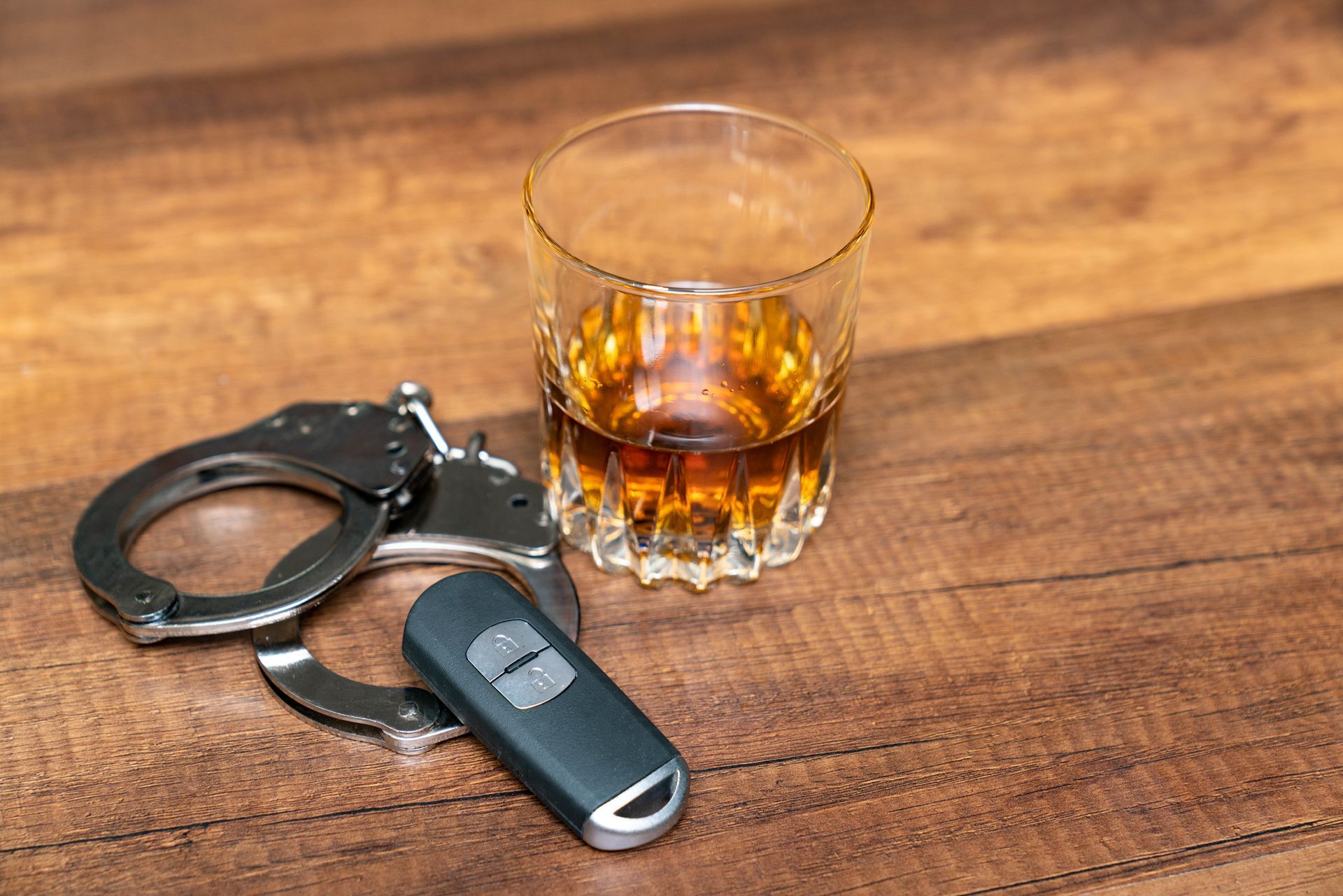Many DUI cases hinge on breath, blood, or urine test results to confirm that a driver had alcohol or drugs in their system. However, sometimes lab test results run into questions of accuracy and reliability if there are issues with the testing equipment or the test administration processes. When this happens, DUI defendants may be able to fight the charges against them.
Types of Lab Tests Used in DUI Cases
Law enforcement and prosecutors may use one or more types of testing to confirm the presence and amount of drugs or alcohol in a motorist’s system. These tests include:
• Blood Testing – A blood test can detect the presence and concentration of drugs or alcohol in the bloodstream. If a motorist has a blood alcohol concentration (BAC) of 0.08 percent or more, they have exceeded Wisconsin’s legal limit and can be charged with impaired driving.
• Urine Testing – A urine test can detect the presence of intoxicants in a person’s system. However, these tests can show the presence of alcohol several hours after consuming it, so it may not accurately reflect a driver’s current state of intoxication.
• Breathalyzer Testing – A breathalyzer test is the most frequently used test in DUI cases. It uses a motorist's breath sample to check for ethanol. Any ethanol in the breath will have a chemical reaction with the breathalyzer’s sensor.
Understanding the Accuracy and Reliability of DUI Lab Tests
Officials collecting blood samples from a DUI arrestee should collect two vials of blood, although labs can conduct testing with as little as half a vial. Labs can test unpreserved blood specimens or plasma for alcohol or drugs, although such testing may produce less reliable results. Urine specimens for alcohol testing do not use preservatives, although labs have special collection procedures.
DUI lab tests can have various issues that affect the accuracy or reliability of test results, such as:
• Lack of calibration of testing equipment
• Contamination of testing equipment
• Errors in sample collection
• Improper handling of samples
• Breaks in the chain of custody
Challenging DUI Lab Results
Defendants facing DUI charges may challenge the validity of lab results as part of their defense strategy. Common arguments used to challenge DUI lab results include:
• Flaws in the testing procedure, such as not observing required waiting periods for breathalyzer testing
• Improper handling of blood or urine specimens that may have caused contamination
• Contamination or improper calibration of testing equipment
• Medical conditions that could throw off lab results, such as medications the driver takes or chronic illnesses like diabetes or auto-brewery syndrome
• Use of a urine test rather than blood or breathalyzer tests, as urine tests can show the presence of drugs or alcohol from hours before the incident
Expert witnesses can strengthen your challenge by identifying potential issues with the testing and explaining how those issues may have affected test results.
Contact a DUI Defense Attorney Today
You don’t have to fight a DUI alone. An experienced DUI defense lawyer can review your case and help you understand your options. Contact Cohen Law Offices today by calling 715-800-8316 for a confidential consultation with an experienced attorney to discuss whether you may have a viable defense strategy based on challenges to your lab results.


